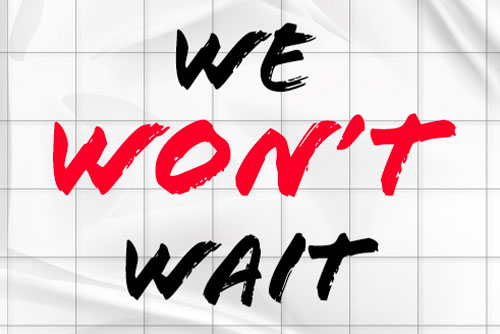Interview With Aditi Sobti From United States

Amateur Category Photographers of the Year Exhibits the Meaning of Photography in the 2022 London Photography Awards
July 19, 2022
Interview With Richard Neve From Netherlands
July 20, 2022
Aditi Sobti | Miami Ad School
Aditi Sobti
Making a stand against the stigmatization of minority groups through her clever marketing campaigns is Miami Ad School’s very own Aditi Sobti!
Interview with the 2021 MUSE Creative Awards Winner - Aditi Sobti
I was born and brought up in Kolkata, India, and completed most of my education there. I did my undergraduate studies from Bangalore in the Industrial Arts and Design Program (IADP) and specialized in Textile Art. However, a small stint at an ad agency after graduation opened up the possibilities for a career in advertising. Today, I have a Master's degree in Global Strategic Communication from Florida International University and a certificate in the Art Direction program from Miami Ad School.
My parents were always the creative kind. While creativity does not always come on paper, my parents encouraged the imagination in us from an early age. Both my parents love to sing and when they saw the spark in me, they enrolled me in music lessons. This slowly trickled down to art classes, dance classes- basically anything they could get their hands on. By the time it was time to graduate high school, I had won a few art competitions and that is when I decided to get into a fully creative career.
I am a recent graduate from the Master's and Art Direction certificate program and am currently located in Brooklyn, New York. After graduating high school, I interned as a Creative at RKS BBDO in Kolkata, India, where I worked directly under the CCO and AD on several projects ranging from packaging design to integrated campaigns. During my time at Miami Ad School, I interned as an Art Director at Cutwater, San Francisco, and this was a whole other experience for me. The entire internship was remote. A 100% of the work produced during this time was inclined towards social media and adapted to the ebb and flow of the pandemic.
To me, creativity is the ability to see a possibility. It does not limit itself to artistic careers nor does it limit itself to just a few people. I think everyone has the ability to be creative at any time. Think about it, if you tweaked a recipe because you had one less ingredient and substituted it for another ingredient, that was creative thinking. You saw a possibility to execute the dish by enhancing/without compromising the flavor of the dish itself.
My design process usually starts by breaking down the brief. Then it moves into research, and this is where a lot of my time is spent. During the research process, I also make several mood boards and color palettes, and usually, at this stage, everything starts to come together. Then comes the brainstorming. Finally, it moves into production, pitching, and feedback. If it is a self-initiated project, I involve some of my mentors for their feedback, and any tweaking/changes that need to be made is made after this time. If there are no deadlines for the project, I take a few days/weeks to perfect the work.
It has to be the production stage. Just being able to translate an idea from my mind onto the screen/paper and watch it come to life is an invigorating experience in itself.
Generally, I tend to appreciate designs that are slightly minimal and easy on the eyes. You will find that most of my work has been adapted to the ask/brand without being overly complicated. I also enjoy experimenting with layouts, angles, mixed media, and B/Ws.
Absolutely! A huge part of how I think and interpret work has to do with my cultural heritage and country. Today, I also notice influences from my travel experiences play a big part in my work.
My team(s) and I are extremely honored to win the 2021 MUSE Creative Award. Receiving the email for the Silver and Gold MUSE Award was surreal. I also want to point out the amazing work that the other teams have produced- it is amazing how many talented people exist in our industry.
The project about Potty Parity is one that is relevant to all of us. When the insight came to us, we didn't realize that there was a word for such a phenomenon. However, topics like this need the limelight because it affects us all. Cookie lesson for All, on the other hand, was an idea that came to us during one of our class projects. A few months later, we revisited the topic and realized how simple but powerful it was.
The biggest challenge for us was to coordinate time out of our busy schedules for remote working. The pandemic surely has changed the design process and the way we interact with each other.
Winning an award goes way beyond validation for us. It is an opportunity for us to have our work reviewed by industry professionals and showcase it. It also helps us land good jobs in the advertising industry and allows professionals to see the kind of work we resonate with.
- You can expand your expertise any way you want.
- You have the opportunity to think outside the box the majority of the time.
- You are able to meet and work with amazing people from different walks of life.
The people of India resonate with feelings of community and togetherness. Most ads in the past were centered around this emotion. Today, the younger audience has started to bring in a fresh perspective to a variety of issues, and I believe this has inspired the advertising industry to do a complete makeover. I see ads integrated with technology, visuals that were probably not appreciated/understood in the past come to the forefront, and people embrace bolder ideas that question their beliefs. Even though there is still a long way to go, this slight change encourages creatives like me to pursue a career here.
Technology. The future of advertising depends on how creatively and seamlessly interactive technology can be used to promote products/brands. I also see regular consumers being more aware of the roles they play when they interact with ads online and how that affects impressions/sales.
Trust your idea. Aim for something simple yet effective. If it does not sit right with you, maybe you need to tweak it or look at it from a different angle. Ask yourself, "If I saw this ad online/on the road, would I stop to look at it?" Do not limit yourself to the same platforms.
Winning Entries
We Won't Wait | 2021
Potty Parity refers to providing men and women with equal access to public toilets. It is an issue of gender discrimination that is both under-discussed and highly experienced. And it is the reason women wait in public restroom lines 34% times longer than men.
(read more at MUSE Creative Awards)
Cookie Lessons for All | 2021
It is estimated that 1 in 3 people who have a disability live in poverty. People with visual impairment fall under this category. A visually impaired person well-versed in Braille can lead a more independent life in the community. It is important to initiate Braille literacy at an early age. The Cookie Lessons for All campaign will initiate Braille learning to educate all children (those with visual impairments and those without), using the Oreo cookie as a learning tool.
(read more at MUSE Creative Awards)
Aditi Sobti
Making a stand against the stigmatization of minority groups through her clever marketing campaigns is Miami Ad School’s very own Aditi Sobti!
Don’t forget to check out the category winners of the 2022 MUSE Photography Awards here and view the greatest visual masterpieces of all time!


